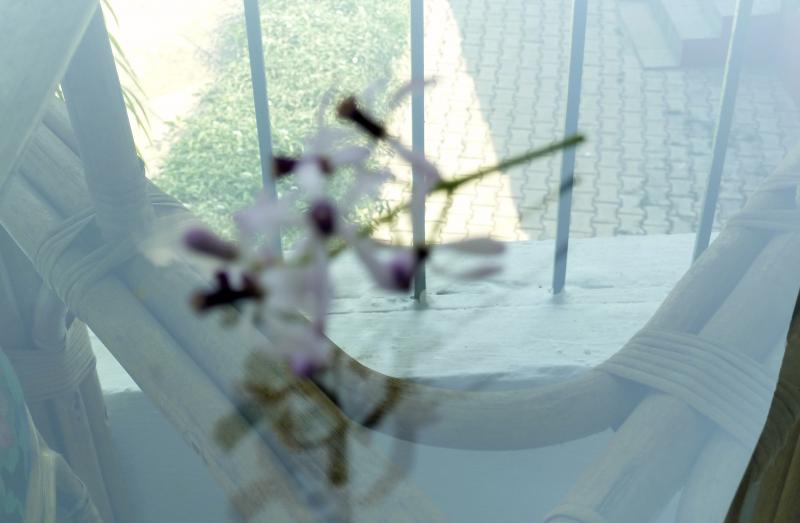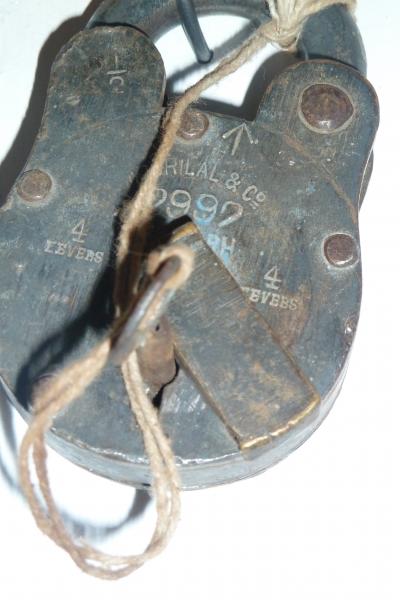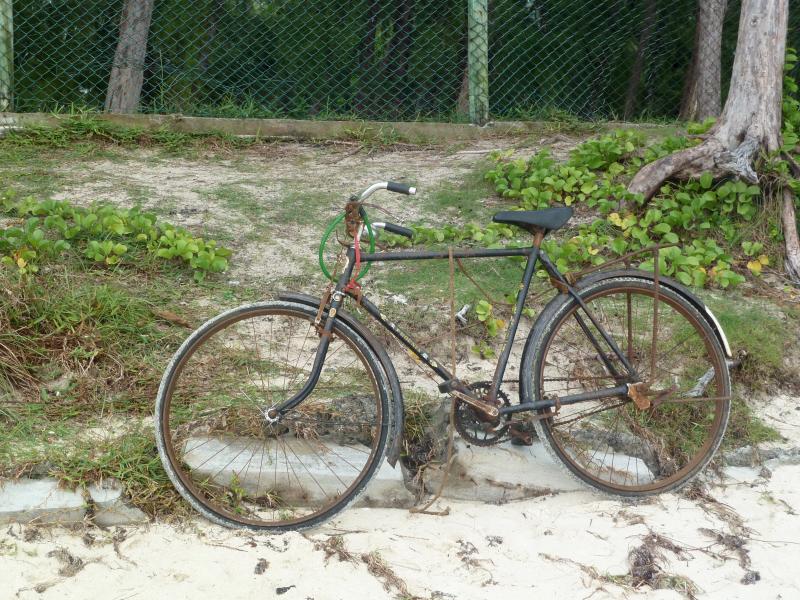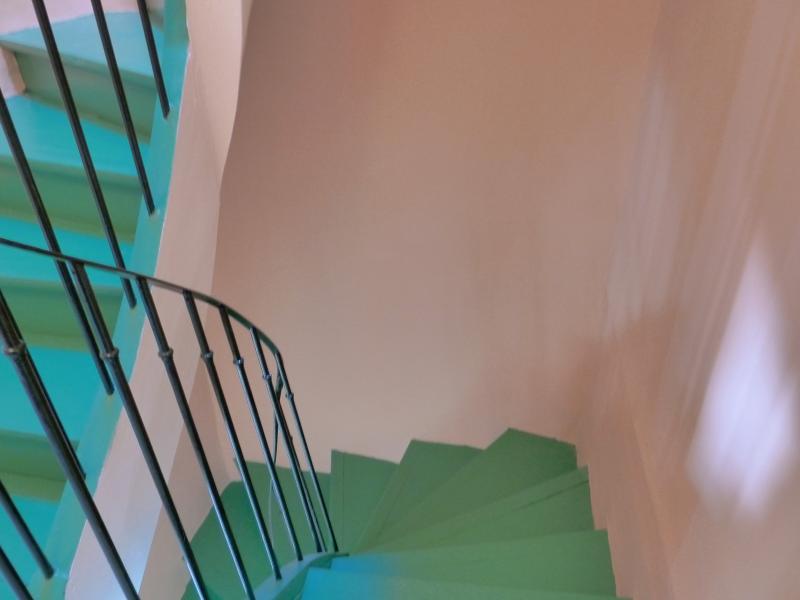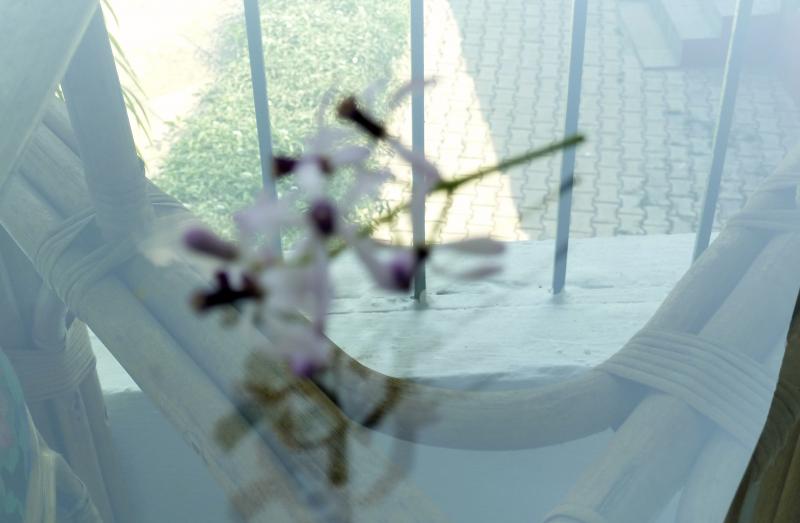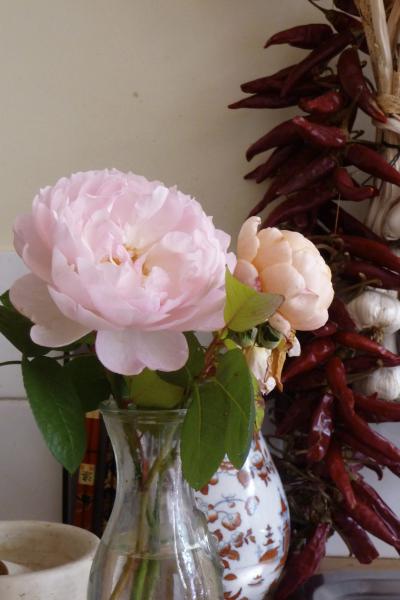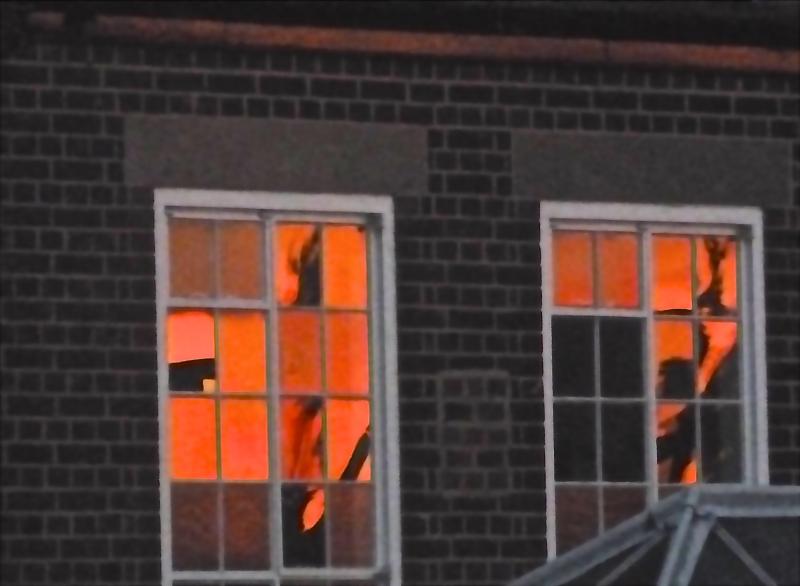I have been with my 104 year old mother in Delhi. She lies on her back suspended between this life and the next. You could call it the waiting room to the next destination. Her face is beautiful as ever, skin luminous even though it is stretched tight. Her limbs are fragile as a bird and because she is immobile and needs to be moved and lifted she has developed bed sores. She can’t see much and is very deaf, even with her hearing aid. She has to be spoon fed (she eats well), given bed baths, changed, gently massaged with healing oils, stroked, her hand held and looked after for twelve hours every day from 9 in the morning to 9 at night which is when Jaya, her trained nurse and carer, goes home. Jaya has another sweet girl to assist her and there is Pamma who has known my mother for many years and sleeps in her room at night. It’s a hospice set up, in the comfort and convenience of my brother’s home, arranged with great solicitude by him.

Jaya, a dedicated and professional nurse
Jaya arrives on the dot of 9 from her chummery, which she shares with 3 friends who are all young, professionals who have struck out for working lives that are independent of family or marital support. What is remarkable is they are village girls from far off regions like Bengal who are representative of a fast growing body of working women determined to forge their own destinies and earn their own money. But these young women are not free from family obligations and traditional respect for elders- they are obliged by familial sentiment to send home money to ailing parents and younger siblings.
Jaya’s story is at once heartening and moving. The soil of their village, sited by the Ganges, is clay based and suitable for making strong bricks and her father used to be a brick maker. There are five children and their mother had to glean rice in their neighbour’s fields to feed her family, because Jaya’s father spent his earnings on drink. After drinking himself into a stupor he came home and beat his wife till she was black and blue. He sounds a vindictive and cruel man, yet Jaya sends him a large portion of her earnings because he is ill with cancer. “He is my father”, she says simply.
Drink always is usually followed by vicious domestic abuse and seems to be commonplace.
Her mother would take her children to weed other people’s vegetable fields for a pittance, but somehow Jaya finished her schooling and went to a training course at a local technical college where she qualified as a nurse. She wanted a different life for herself so she worked at her studies, even managing to see a film and have fun with her friends. Her sister married and went to Delhi where she works in a hospital and lives in a fine house in a Delhi suburb. Jaya followed, but her independent spirit soon realized she could not cope with the restrictions of what to wear, who to see and what to do that were imposed on her by her more traditional relatives. She moved out and now shares a small studio flat with three friends and from the selfies I was shown, they appear to be enjoying their lives and give one another a lot of support.
How did she manage such a tremendous step-up from a life of village poverty and watching her mother being daily abused?
One day her grandmother announced to the family, “Mata Devi (Goddess Kali, who is the most important deity in Bengal) came to me last night and said I was to go to the Ganges today. By the river bank I will find a stone, which is a presence of Lord Shiva. I must make a shrine for him and pray to the stone and our lives will change.”
“From the day that my grandmother made a shrine for the stone our lives changed for the better. We built a proper brick house of two storeys and the children have married or found good jobs.” My mother has been a beneficiary too, because she receives the most tender and solicitous attention from Sister, as Jaya is called by the other help. Once she puts on her white medical jacket and ties back her long hair, Jaya steps into her professional role. She coaxes my mother to take her medication, she feeds her tenderly, she dresses her sores, bathes her with the help of Rekha (below) makes sure she is not too hot or too cold. She wheels her out in her extended wheelchair and chats to her, massages her feet and hands, gives her her knitting, persuades her to write a few words on the small white board. After lunch she sits by her side watching terrible soaps on television until tea time, and so it goes on.

Rekha, who assists Nurse Jaya
My mother’s life has shrunk to almost nothing, but for the little we can give her and that is very little compared to the minute by minute attention so willingly and generously given by Jaya. Watching her I realized that nursing, and especially geriatric nursing, is a vocation that needs to be respected and honoured. A nurse like Jaya is a pearl among the profession.














